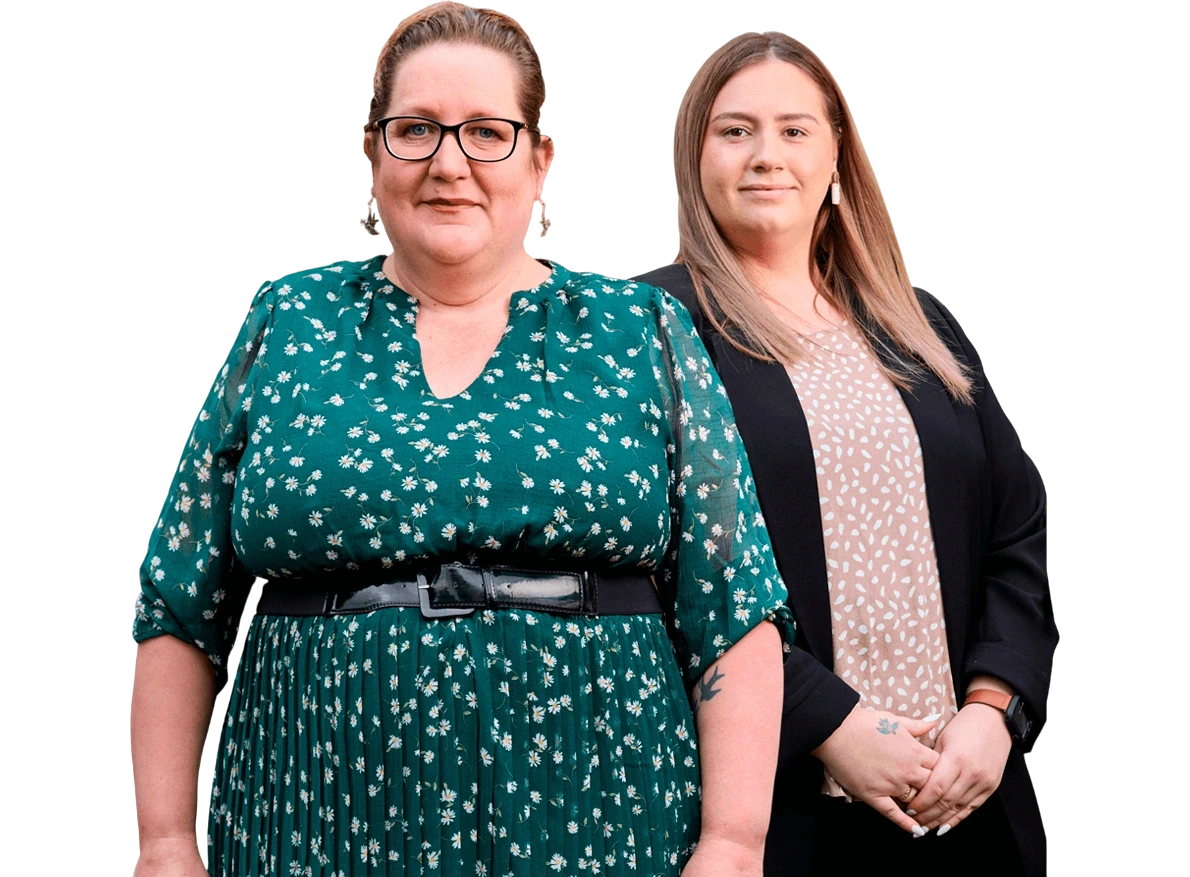

Karen Ceccon
Karen Ceccon
Director / Advanced Behavioural Practitioner
We’ll be closed from Friday, 20th December and reopen on Monday, 6th January 2025. Merry Christmas!
A heartfelt hello from all of us here! We strongly believe every soul has a story, and we’re truly honoured to be a part of yours. Whether you’re seeking support for yourself or for someone you care about, our team of Behavioural Support Practitioners and Counsellors is here to guide and uplift. Let’s navigate it together, understanding every emotion and milestone, because mental well-being is at the heart of what we do.
Being registered under NDIS isn’t just a title for us—it’s a testament to our commitment. We uphold the highest standards of care, ensuring that every individual feels seen, heard, and valued.
Give us a call
Every story has its first chapter, and we wrote ours in the serene landscapes of Ararat, Victoria, in 2018. We began with a simple belief: everyone deserves understanding and support. We started Ararat Wellness with a mission to be that beacon of hope and guidance, extending our services Australia-wide to NDIS participants, Home Care package recipients, and private clients by special arrangement.
Our strength lies in our team— our dedicated Behavioural Support Practitioners and Counsellors. Whether the client prefers an in-person session or the convenience of a secure telehealth platform, we’re here, ready to be a part of their story, ensuring every chapter is filled with growth and understanding.


Navigating life with unique challenges often requires specialised support. Mental therapy and counselling are crucial in providing NDIS participants with the tools and strategies needed to manage emotions, build resilience, and foster a positive outlook on life.

Behind every session at Ararat Wellness is a devoted individual, fueled by both skill and heart. Our Behavioural Support Practitioners and Counsellors don’t just bring knowledge; they bring genuine empathy and commitment to your journey. With each face you see, there’s a story, a dedication, and an unwavering drive to support you. Dive in, and connect with the pillars that make Ararat Wellness the haven it is.


Have you ever looked back at decisions you made five or ten years ago and wondered, "What was I thinking?" Perhaps the career path that once excited you now feels hollow, or relationships you once prioritised seem less important than causes you barely noticed before. You're not alone in this experience—and more importantly, you're not…

In the complex tapestry of human interaction, our behaviours often speak louder than words. Every gesture, expression, and action carries meaning—sometimes more profound than verbal communication. When someone withdraws from social activities, exhibits unexpected emotional responses, or engages in repetitive behaviours, they're communicating something significant about their internal experience. Understanding this silent language is critical,…

Have you ever been told that you had an entire conversation while sound asleep? Or perhaps you've witnessed a partner, child, or friend mumbling or speaking clearly despite being in deep slumber. This curious phenomenon, known medically as somniloquy, represents one of the most common sleep disorders that continues to fascinate both researchers and the…

Navigating the complexities of emotions and mental well-being isn’t a journey you need to take alone. At Ararat Wellness, our commitment goes beyond just treatment; it’s about understanding the participant, their life and struggles, standing by their side, and guiding them towards a brighter, happier and more concious self.
Got a question? A doubt?
Our team is here to answer all your questions about your options.
Reach out and let's start a conversation.
Or Give us a Call 0493 819 355
